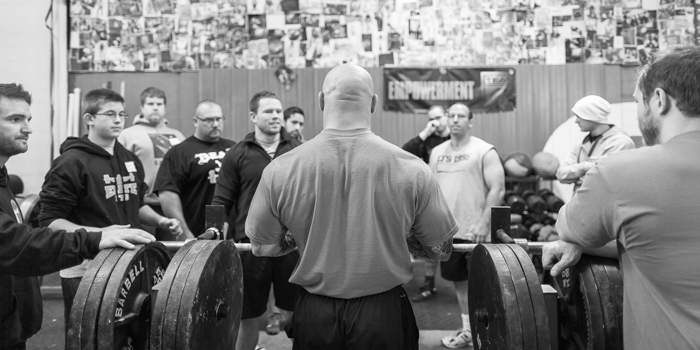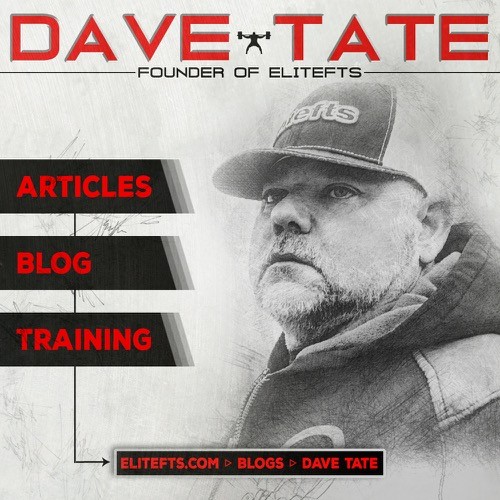
Years back, these rules used to be part of every seminar I did. While I would like to take credit for these, I have read them several times over my education but they really came together for me when Tundor Bompa wrote about them. These rules apply to all strength training, from beginner to advanced. Not keeping these in check can also lead to injury for the advanced.
Law #1 - Before developing muscle strength, develop joint flexibility.
This is pretty simple when you think about it. Think about a simple barbell squat. How good would the technique be, if hip or ankle flexibility was off?
Another way to look at this, and the one I see most often, is when advanced bodybuilders want to move into Powerlifting. The size of their muscles have inhibited their joint flexibility, and a certain degree of this flexibility needs to be restored in order for them to be able to squat, bench, and deadlift without getting injured. I am not saying that they need to drop muscle. but they do need to restore their joint flexibility. There are many ways to do this, but the best is following the rest of these rules and adding in light loaded stretching and iso holds.
Law # 2 - Before developing muscle strength, develop the tendons (what attaches the muscles to the bone).
This is accomplished through more GPP training, with loads under 50% of maximal.
Law #3 - Before developing the limbs, develop the core.
The core is the muscles of the back, spinal column, and the entire abdominal region. This has been beaten to death, so there is no need to go over their importance here, but it should be noted that, when strength begins to feel "good," these are the movements that always seem to get dropped first.
Law #4 - Before developing prime movers, develop the stabilizers.
This falls back to the need for the body to learn to stabilize force first, absorb force second, and finally produce force.
This is all pretty basic stuff, but it's important to note just how important all of this is not only for physical development, but for injury prevention as you progress.









